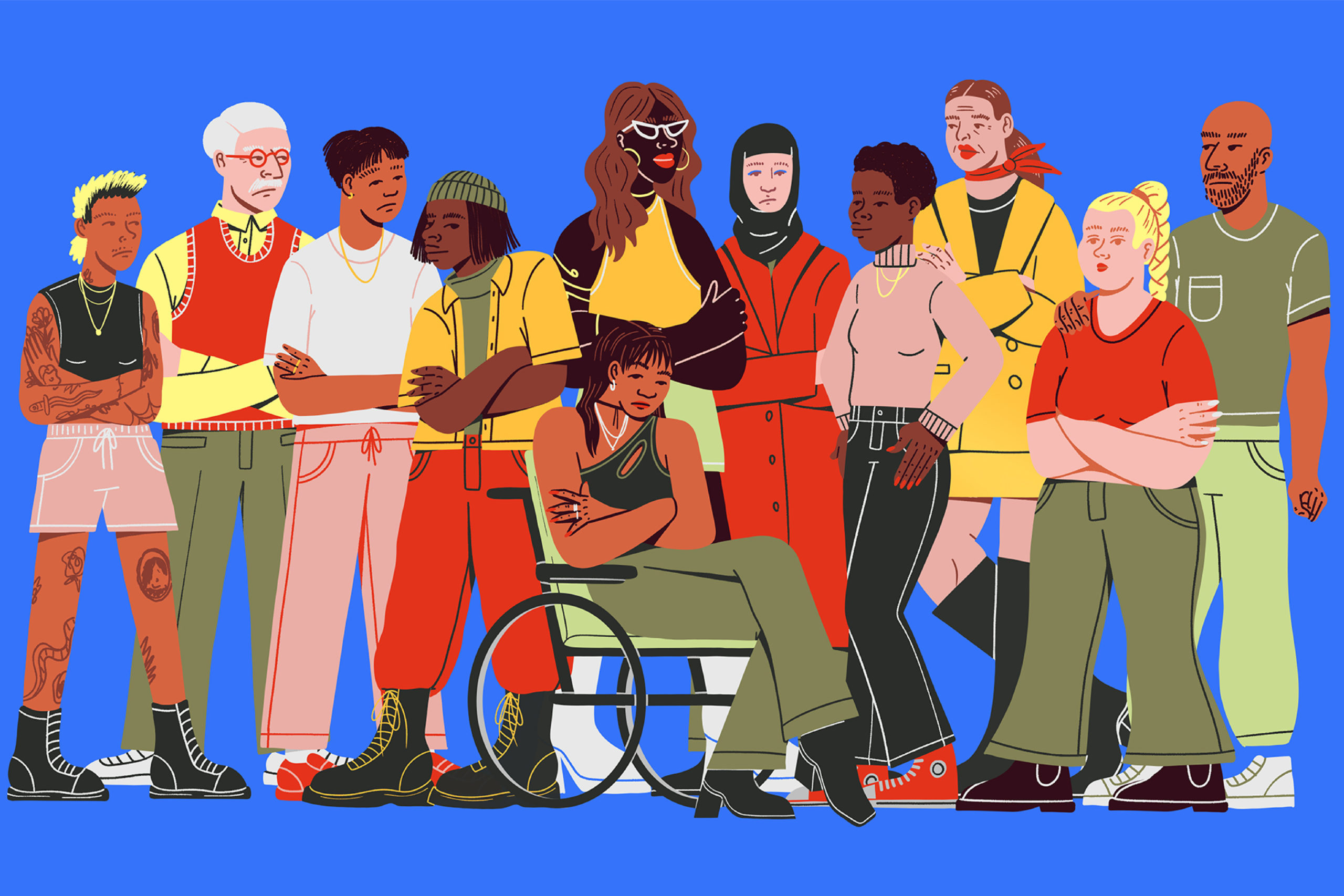Fifteen European citizens submitted the proposal. They’re supported by a coalition of civil society organizations and experts including ASN Bank, Fair Wear Foundation, Fashion Revolution, Clean Clothes Campaign and Solidaridad.
The ECI demands EU laws requiring companies selling garments, textiles and footwear in the EU to take action on living wages in their supply chains. Brands and retailers would be legally required to assess wages in their own supply chains, put in place plans to close the gap between actual and living wages, and publicly disclose their progress. You can sign the ECI below, or at www.goodclothesfairpay.eu.
Tackling the fashion industry’s deep imbalance at European level
Right now, most of the people who make our clothes earn poverty wages while other people and brands in the supply chain make huge profits. As the largest importer of clothes in the world and one the biggest fashion consumer markets – with over 260 billion euro in sales expected in 2022 – the EU must address this unfair and exploitative model.
It’s time to toughen up and demand new legislation that means brands will no longer have the choice not to act. They will be legally obliged to do their due diligence.
Solidaridad Europe Managing Director Heske Verburg
Solidaridad Europe Managing Director Heske Verburg said: “We’ve already tried introducing voluntary measures to encourage brands to tackle human rights violations and sustainability issues in their supply chains. Unfortunately it’s not been enough to provoke the industry-wide change that’s needed to genuinely improve garment workers’ lives. So it’s time to toughen up and demand new legislation that means brands will no longer have the choice not to act. They will be legally obliged to do their due diligence.”
Poverty wages affect workers everywhere
The fashion industry employs tens of millions of people globally and 1.5 million in the EU. Most of these people do not earn a living wage. Garment workers, mostly women, earn on average 45% less than they need to provide for themselves and their families. Despite working gruelling hours, the majority struggle to put healthy food on the table, live in adequate housing, access healthcare, or even to send their children to school. Current legal minimum wages in the industry, set by governments in garment-producing countries, are simply not enough to live on. Poverty wages are endemic to the global fashion industry and affect garment workers everywhere.
The situation has been worsened by the Covid-19 pandemic. Hundreds of thousands of workers were left unpaid when major brands canceled orders for goods already produced. This has led to a severe humanitarian crisis with workers left without a social safety net, struggling to pay for food, healthcare and accommodation.
One million signatures needed for new legislation
If you’re an EU citizen, raise your voice and add your name to the initiative.
Not an EU citizen? You can help by spreading the word!

